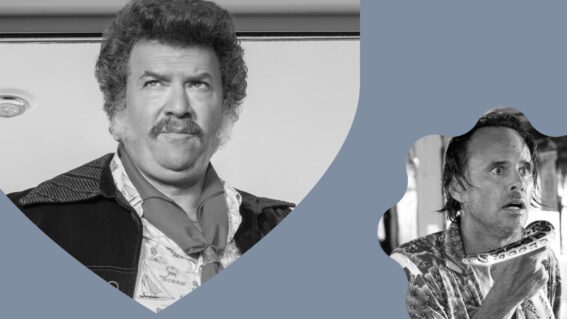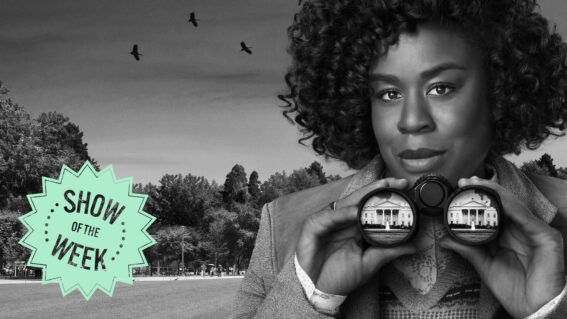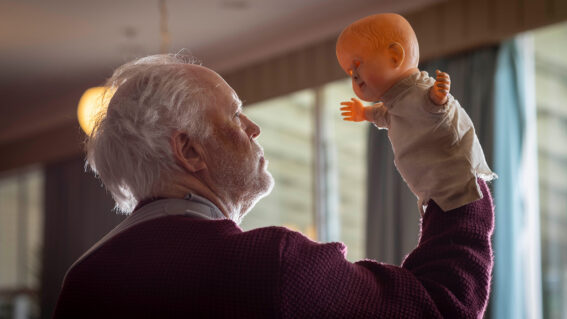IRA true story Say Nothing examines the ethics and realities of violent resistance
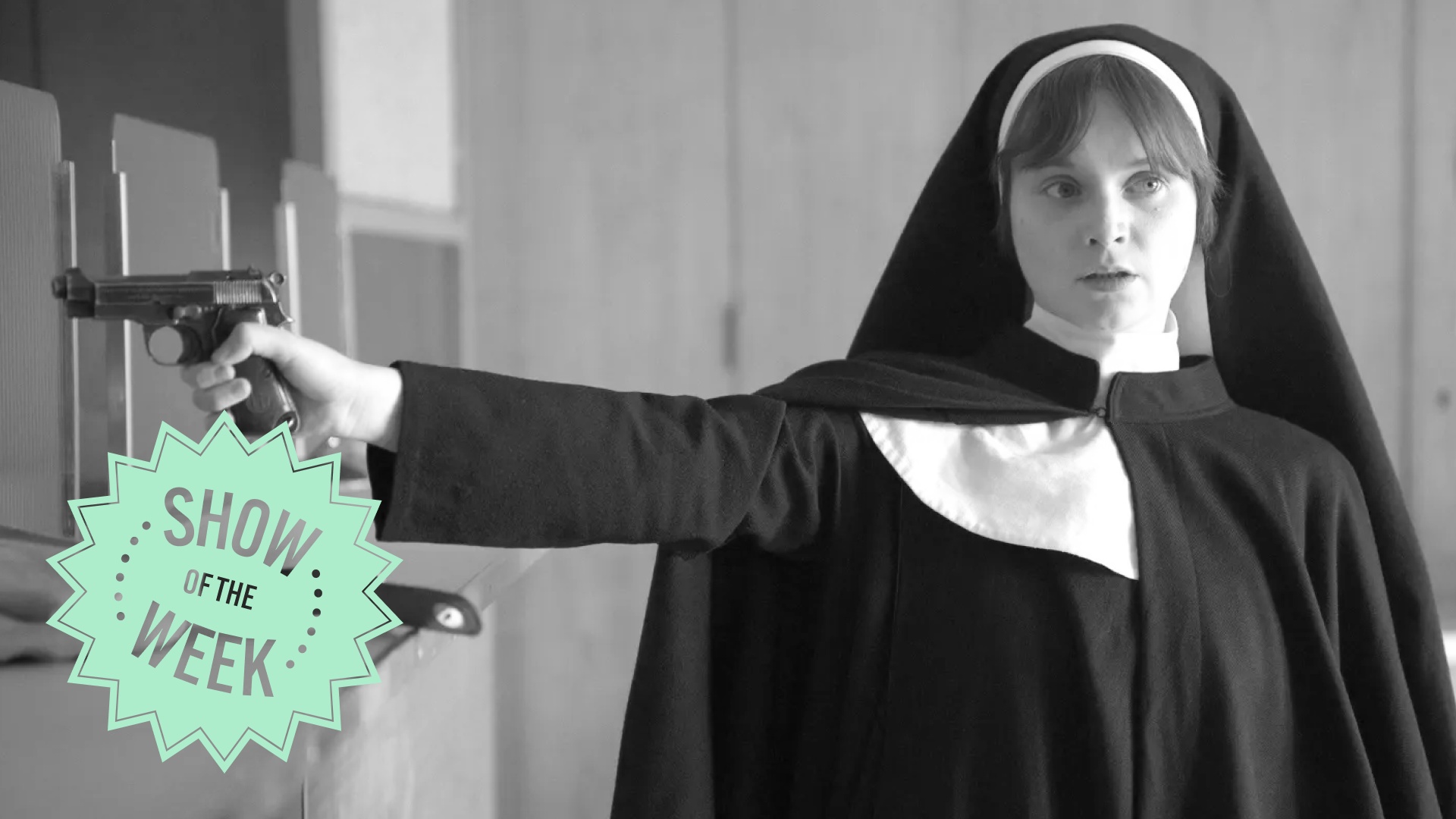
Clarisse Loughrey’s Show of the Week column, published every Friday, spotlights a new show to watch or skip. This week: Say Nothing shares the life story of an imprisoned IRA member, a series sure to ignite some controversy.
In FX’s new series about the Troubles, Say Nothing, adapted from Patrick Radden Keefe’s 2018 bestseller, imprisoned IRA member Dolours Price (Lola Petticrew) and Dr Mansuri (Abhin Galeya), the man charged with disrupting her hunger strike by force-feeding her through a tube, share a frank conversation. She does what she believes she must, because the British government has refused to grant her the status of political prisoner and move her and her sister Marian (Hazel Doupe) back home to an Irish prison. He does what he believes he must, because his vow as a medical practitioner is to keep these two women alive.
It’s a momentary recognition of mutual humanity. But, it’s fragile, and ultimately made impossible by circumstance—Dr Mansuri, though he may deny it, is tethered to the machine of oppression. He will, inevitably, betray Dolours. It will break her heart. There is history and there is the individual, and Say Nothing takes formidable measures to see the nuance between the two, especially when it comes to the nature of political violence.
The real Dolours recounted her life story as part of what would become known as the Belfast Project, an oral history built up by Boston College from 2000 to 2006, and consisting of extensive interviews with IRA members. All were recorded on the condition they would not be released to the public until after the participant’s death. In the series, this older, reflective Dolours is played by the formidable Maxine Peake, whose expressions seem corroded away by the years of silence. The burden grows heavier with every word unspoken. Those touched by the violence of the Troubles know that all too well.
Most of the series, however, takes place in flashback, as a younger Dolours, raised by two IRA parents, finds her commitment to non-violent resistance broken after she and her sister are brutally assaulted by loyalists while on a peace march. “I looked into the eyes of the people who were beating us and they were glazed over with hate,” the older Dolours recalls. “And I thought to myself, ‘No, I’m never gonna convert these people.’”
Instead, she and Marian join the IRA, allying themselves with the charismatic idealist Brendan Hughes (Anthony Boyle), and accepting orders from a young Gerry Adams (Josh Finan). Dolours, at first, runs weapons across the border, then drives “touts” (informants) to where they’re executed, and, finally, carry out the 1973 bombing of London’s Old Bailey. Every episode ends with the same disclaimer: “Gerry Adams has always denied being a member of the IRA or having anything to do with IRA violence.”
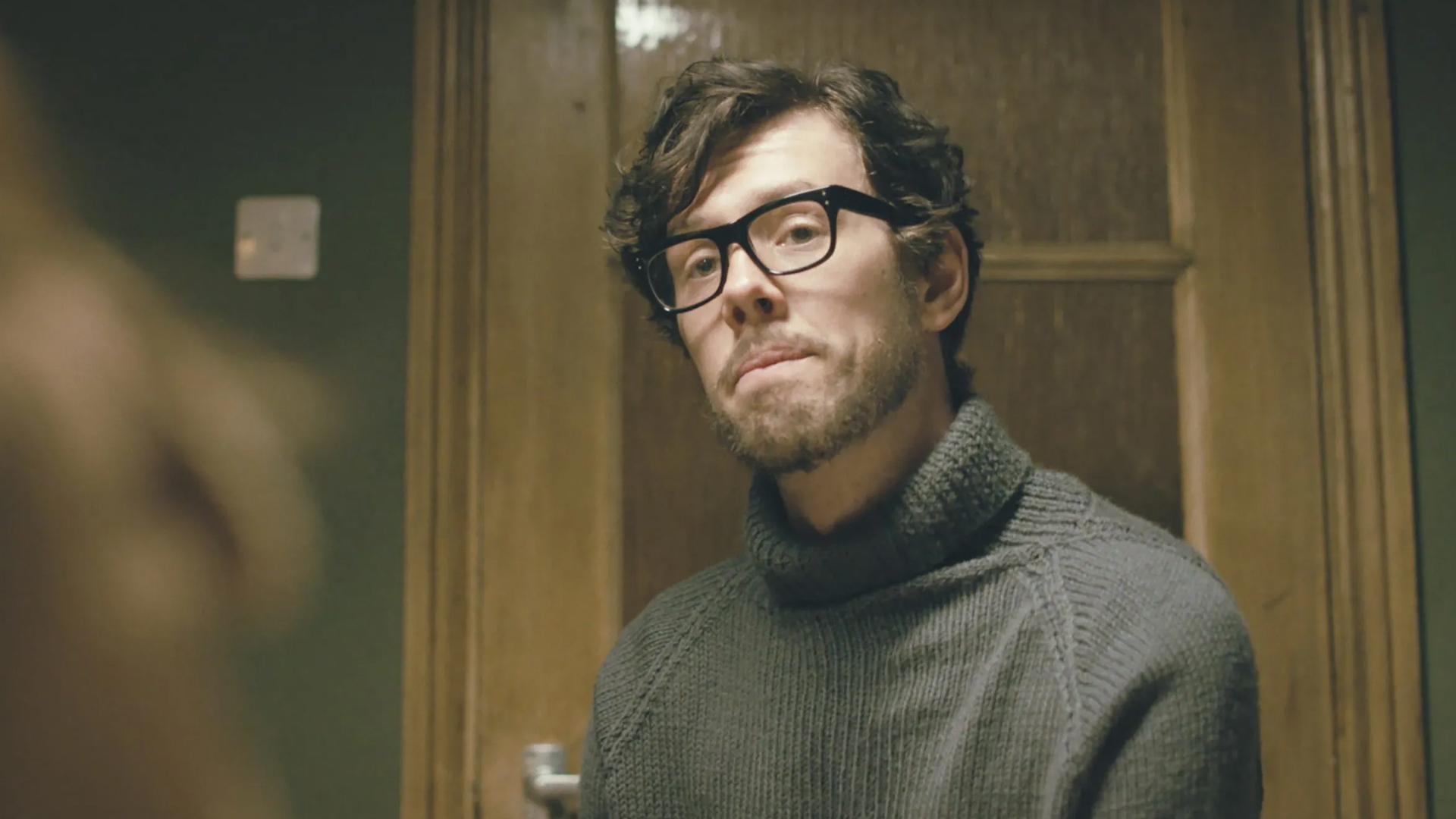
More specific denials are deployed, at certain times, including one in reference to the framing incident of Say Nothing: the 1972 abduction and murder of Jean McConville, a mother of ten who had been accused of passing information to the British Army. Ironically, these disclaimers are a key part of the story creator Josh Zetumer has set out to tell. Dolours feels betrayed that Adams’s move into politics (as an older man, he’s played by Michael Colgan) has seen him deny all involvement with the IRA and its actions. She feels as if she’s been left to carry her burdens alone.
It’s here that Say Nothing achieves its trickiest balancing act. It centres victims like McConville—those abducted, murdered, and secretly buried, known collectively as “the Disappeared”—and the agony suffered by their families, some still left in the dark. But it’s interested, too, in the realities of violent resistance, and the differences between those who can sit at the top of the chain of command, and think about ethics in the abstract, and those at the bottom told to fire the bullet.
And there’s a lot expressed when Rory Kinnear’s British brigadier remarks that he doesn’t even care whether his informants are telling the truth, because “we’re either being fed vital information or we’re driving them to murder their own men. Either way, we win.” I’m sure the series will ignite some controversy. It’s bound to. But its ultimate lesson is simple: the more people talk, the less all this pain is forced to live in the shadows.











